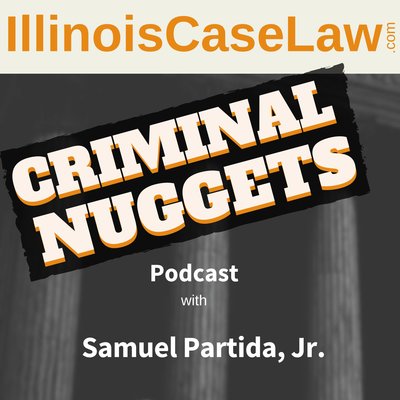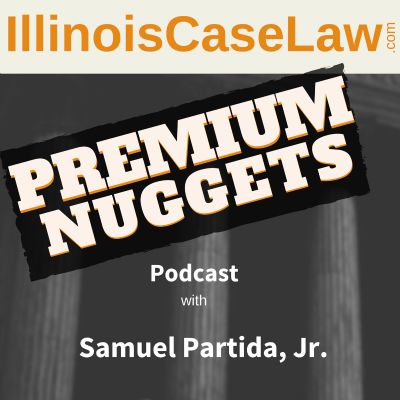Jul 31, 2014
The crime of obstructing Identificatin is a fluid beast. This case illustrates how this can be so.
Was there sufficient evidence for obstructing identification?
Initial caretaking contact turned into an investigative seizure for DUI, thus, Defendant was obligated to give her real name to avoid a conviction for obstructing identification.
People v. Schronski, 3rd Dist., 07/09/2014.
Facts
Defendant was charged with obstructing identification under 720 ILCS 5/31-4.5(a)(2).
Defendant was in car parked at a gas station for 30 minutes. Clerk calls the police. When police get there. Defendant is alone in the car. She gives the cops another person’s I.D. card when they ask for her identification. She was intoxicated.
Obstructing Identification
To sustain a conviction of obstructing identification, the prosecution must prove that a person:
(1) intentionally or knowingly provided a false or fictitious name,
residence address, or date of birth to a peace officer;
and
(2) was either:
- (a) lawfully arrested or detained, or
- (b) the information was requested from an individual that was reasonably believed to have witnessed a crime.
Sufficient Evidence for Obstructing Identification
Defendant challenged the sufficiency of the evidence. Was she detained as is required by the law?
Police-citizen encounters are generally limited to three circumstances:
- an arrest supported by probable cause;
- a brief investigatory stop based on a reasonable and articulable suspicion of criminal activity; and
- an interaction for purposes of community caretaking or public safety.
Community caretaking encounters do not involve coercion or detention and therefore do not rise to the level of a seizure under the fourth amendment. A detention occurs when a reasonable, innocent person in the circumstances would believe that he or she would not be free to leave.
Criminal Nugget
Defendant’s submission to the field sobriety test indicated that the stop had transformed into an investigatory stop based on suspicion that defendant was driving under the influence. At that point, defendant was not free to leave.
Defendant’s refusal to provide her name and her representation that another person’s identification belonged to her completed the offense.
Remember, she could have merely refused to give her name. But lying made it an offense.



